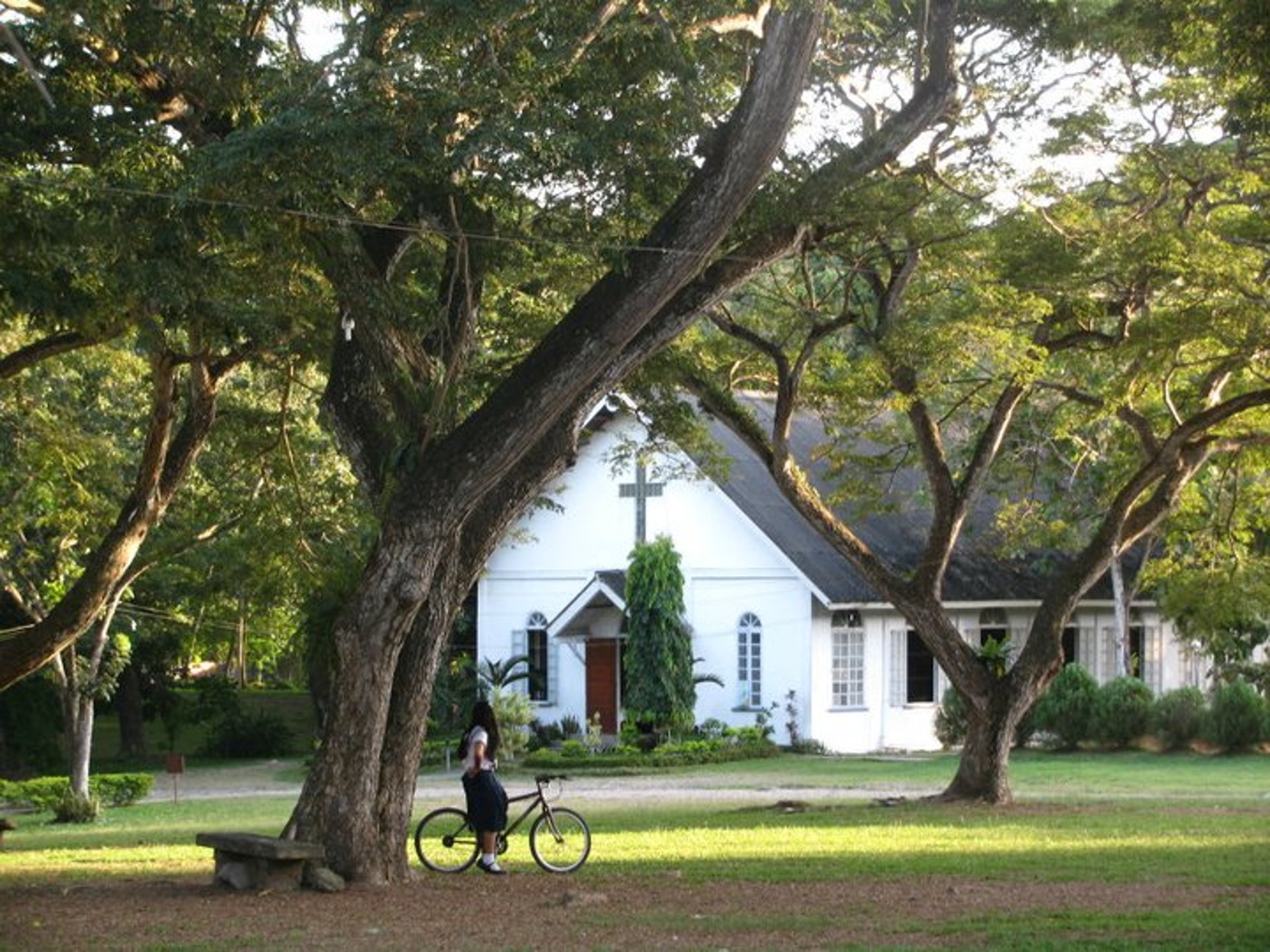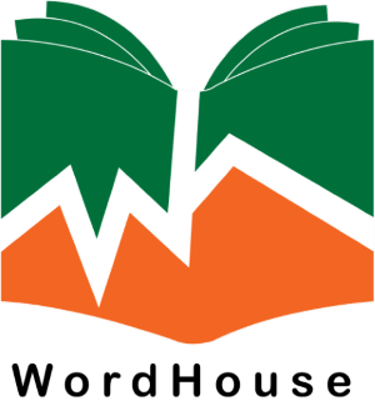How to Curate Diaries and Personal Journals into Stories That Matter
WRITER AT WORDHOUSEWORKSHOP


Why Diaries Matter
How to organize and curate diary pages from your twenties onwards
Exploring the benefits of digital vs. analog journaling
My WHAT guide for readers: Wander, Hunt, Annotate, Timestamp
Practical steps to transform personal notes into meaningful stories
Inviting you to the Word Fellows Workshop
How to Submit Your Essay to WordHouse
I have always been a diarist, writing down the events of my day, the good, the bad, and the ordinary. For years, my diary was quiet conversations with myself. My notebooks are messy, written with every kind of pen I owned. Some pages hold hurried thoughts, little emoticons, or stick drawings in the margins. Others are crossed out in red, yet even those erasures cannot erase the experience they hold.
My notebooks are not clean at all but full of run-on scratches. I used to be proud of my neat longhand writing, but it has grown scraggly over time, especially now that I type more than I write by hand. Those messy entries are raw and unfiltered, never meant to leave my hands. Even so, I’ve learned that no writing remains truly unread; words find their way to others.
Becoming My Own Archivist: Organizing the Diaries
I am trying to organize my notebooks from my twenties onwards. Sometimes I flip to a date that feels important, like 1984 when I had my first job or 1987 when I started working as an editor at OMF Literature. In excavating my past I am reuniting with my:
Quirky moments: A Sunday morning at twenty-one, writing about my crush. Many of these entries later became poems.
Sketches of dream spaces: An almost obsessive sketch of a writing room with a view, tall bookshelves, and a clean, huge bed. I have been carefully mining those pages to build an idea book called Things – Mga Gawa (or Gamit).
Devotional reflections: Notes on biblical passages that spoke deeply about faith, love, and being.
Eldest child ruminations: Escapist entries from the years my mother was ill. I lived with her for thirteen years, and she appears in many of my poems.
Teaching frustrations: Pages full of complaints about teaching — how I resist it, yet I keep teaching.
Travel impressions: Notes from the few times I traveled to Asia. I never took photos of myself — something I regret — but I wrote broad, sweeping impressions as if I knew the place, even though I just spent a day or two visiting some tourist spots.
My curation also gets into all my blogs in Blogger.com since 2005. Those posts were my earliest venture into digital writing. Before that, I mailed a bi-weekly newsletter to friends. I typed this one-page Dear Praying Friend letters in two columns, printed them, photocopied them, and mailed them in separate envelopes with stamps and all. I still have them on file, along with the scratch drafts of some early pieces.
A Note on Digital vs. Analog Journaling
I’ve been writing by hand for decades, but the urgency to digitalize has grown. My “online” journals live in this space now. Digital journaling has its benefits: it’s searchable, easy to excavate, and lets me trace ideas across time using hashtags and key words. But I mourn some memories lost in the early days of digital storage. Those moments disappeared when saving on drives or USBs, as my still-analog self struggled to learn the new way.
I feel a deep nostalgia for tactile, messy doodles, the handwritten memories. Erasing on paper feels more vulnerable. Crossing out a line or folding a page so I wouldn’t see it again are deliberate and revealing. Handwriting, with its smudges and mistakes, holds a presence that digital files just can’t capture.
My WHAT Guide for Curating Your Diaries
If you’ve kept your own notebooks for years, you might ask, “What am I going to do with all these notes?” My one-cent suggestions below are based on my process of self-curation, of course.
W – Wander How to start? Sometimes it’s as simple as setting your pencil to drop down from the clouds onto your page. You can begin with your clearest memory or go on a hunt for a memory you’d like to recall. Wander through your notes, letting your attention drift to pages, phrases, or ideas that draw you in. Be curious, let your eyes linger, and follow whatever calls to you.
H – Hunt Which memory should you highlight? Re-reading your notes can feel tedious, but as you go, some pages will make you pause, while others you can simply scan. Circle, underline, or jot a small note beside memories that stir something in you. Follow threads that seem to need deeper exploration. Often, they lead to the most meaningful stories.
A – Annotate Themes, moods, or questions may echo through your pages. I often put a star beside recurring ideas. Some of my notebooks even have a brief introduction, a quote or a paragraph about the notebook’s purpose. But naturally, diary thoughts meander. Adding notes, reflections, or symbols beside passages tells me to pause and revisit: what was I asking then, and what has remained a puzzle or been answered over time?
T – Timestamp Not every memory requires an exact date or time. I sometimes approximate based on foggy recollections of when or where I bought a writing pad. Even if a page is undated, its observations can still hold deep meaning. At the same time, time can anchor memories, giving context to ordinary moments that might otherwise slip away.
How am I in My Diary Curation?
My old notebooks show that my writing was unguarded — free from pressure. I moved between English and Tagalog naturally, without worrying about rules, writing the way we dream: in a stream-of-consciousness flow.
Returning to a page often brings back the same emotions I felt when I first wrote it. Some entries make me laugh, some feel bland, and most are simply heartfelt.
Soon, I’ll share snapshots from my diaries — pages with sketches, annotations, and glimpses of my idea book where I list dream projects. For now, imagine partial revelations from this private world (yes, it’s a little scary!).
These pages were my outlet for angst — the “emo” of the 70s and 80s — and my personal space to express myself. Many times, I asked, “Who will read this?” and answered, “No one.” And still, I kept writing, fully uncensored.
Even so, outside my diaries, I remain fascinated by how language bends thought, carries feeling, and opens worlds. Here are a few pieces that gather what I have been learning lately:
My Attempt at Language: A Story of Love, Labor, and Longing – turning personal reflection into narrative without formal training.
Near-Exact Equivalents: My Life Bridging Tongues in Translation – learning translation on the job and discovering cross-cultural insight.
Degrees of Loss: My Life and Failures in Academia – starting without finishing, my personal woes as a “scholar.”
From Me to You: Curate, Share, Discover
Curating our own pages, whether from notebooks, files, marked books, or index cards, can feel daunting, but it doesn’t have to be. Here’s how we can do it together:
Let the Sparks Write Us. Begin with what catches your attention, a line, a memory, a feeling, and let it guide your reflection or storytelling. Writing prompts here.
Be Fellows in the Word Fellows Workshop. Bring your pages, share them if you like, and read alongside each other. No pressure, just gentle exploration and discovery. Save your space here
Explore Language Anew. Write in any language you feel most comfortable with. All languages are sacred, carrying their own cultural contexts. Feel free to play with idioms, capture tone, sound, and rhythm, and follow where your heart leads. How? Get some clues here.
Contribute a Personal Essay. Share a line, a reflection, or a short essay and let us get to know you. You can excuse our curiosity, since your contribution may spark fresh conversations about life, memory, and being. Submit here
For us, the snippets we gather may become a memoir. The process is messy, exhausting, and exciting all at once. But we can start small, notice what draws us in, and see where our pages lead. Writing is about listening to ourselves and rediscovering our gift for language.

